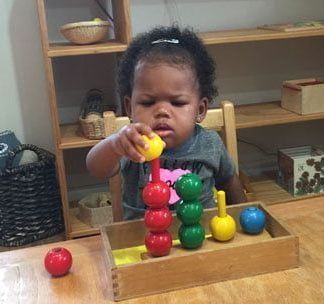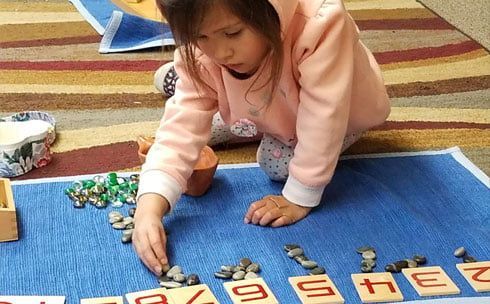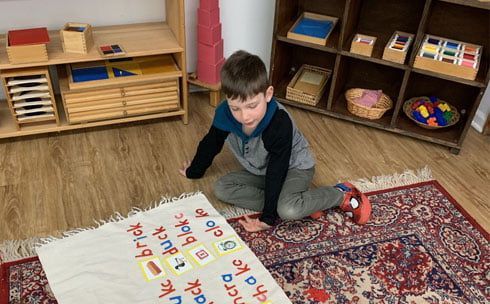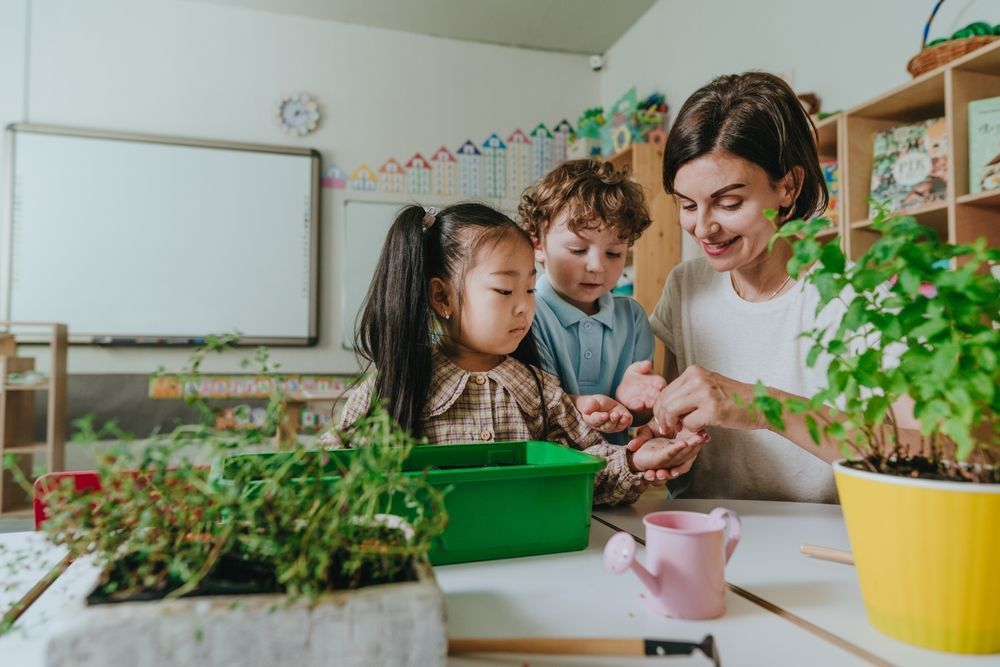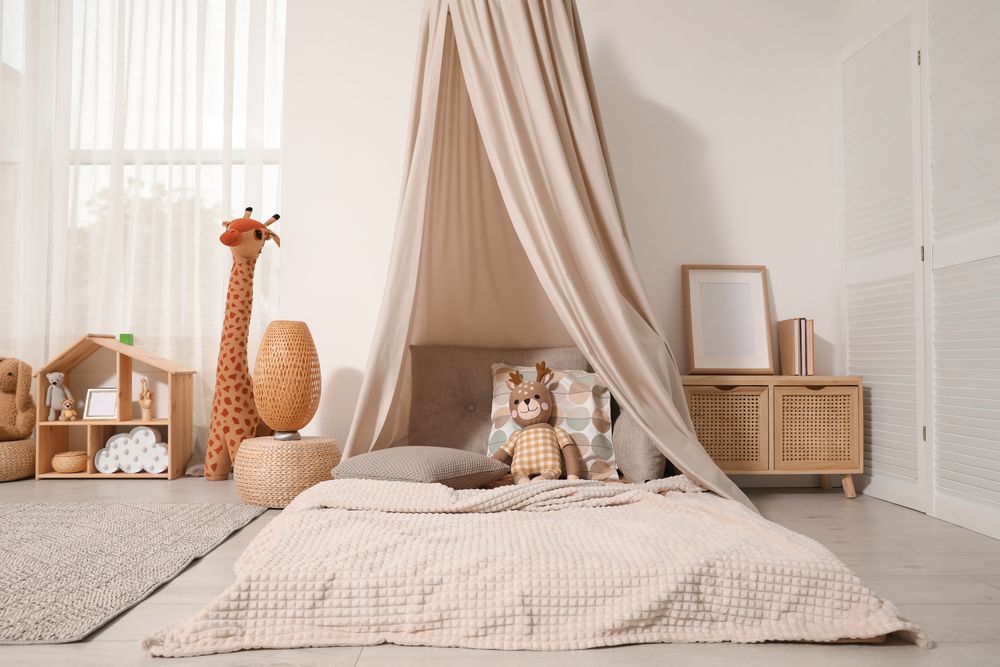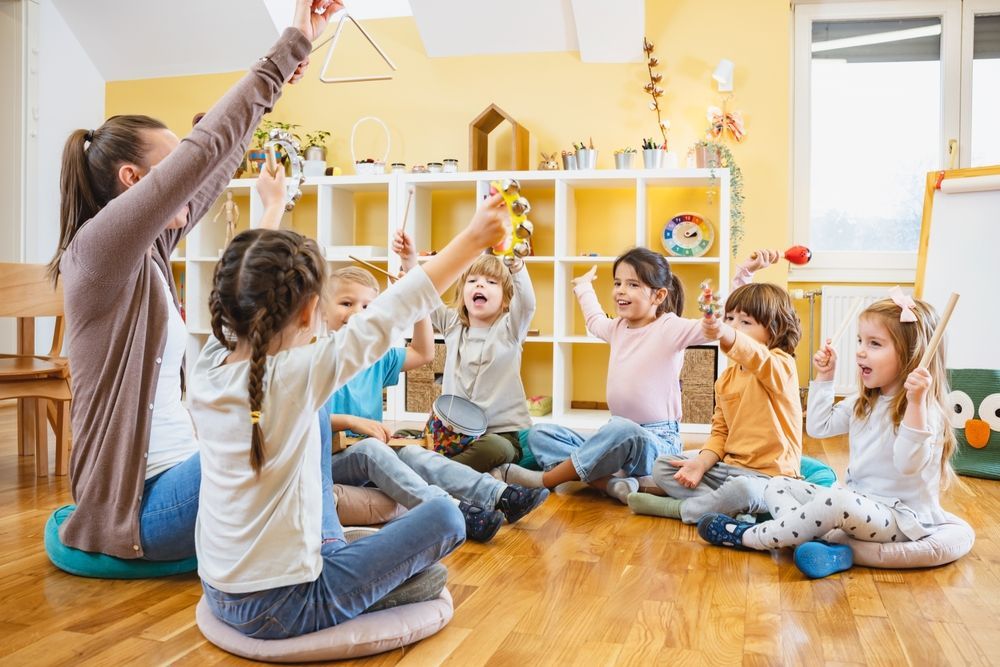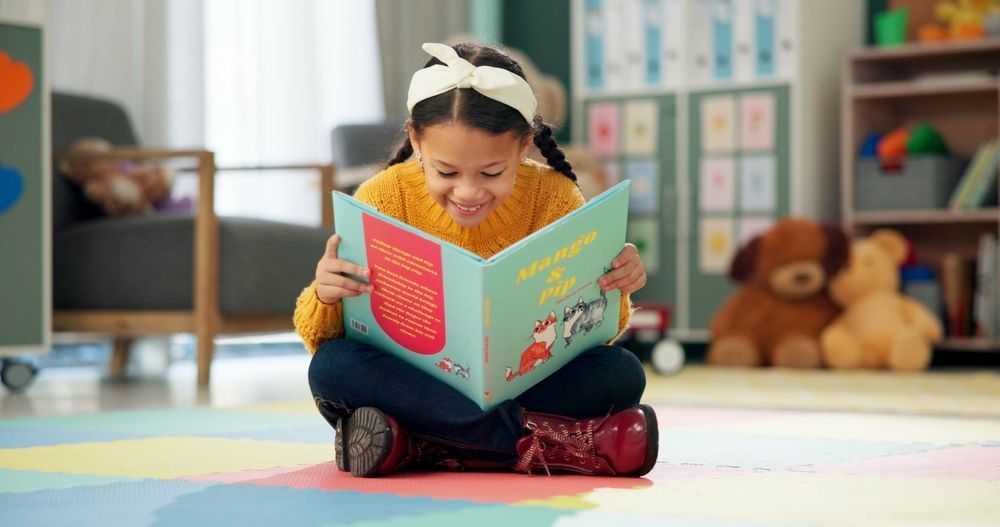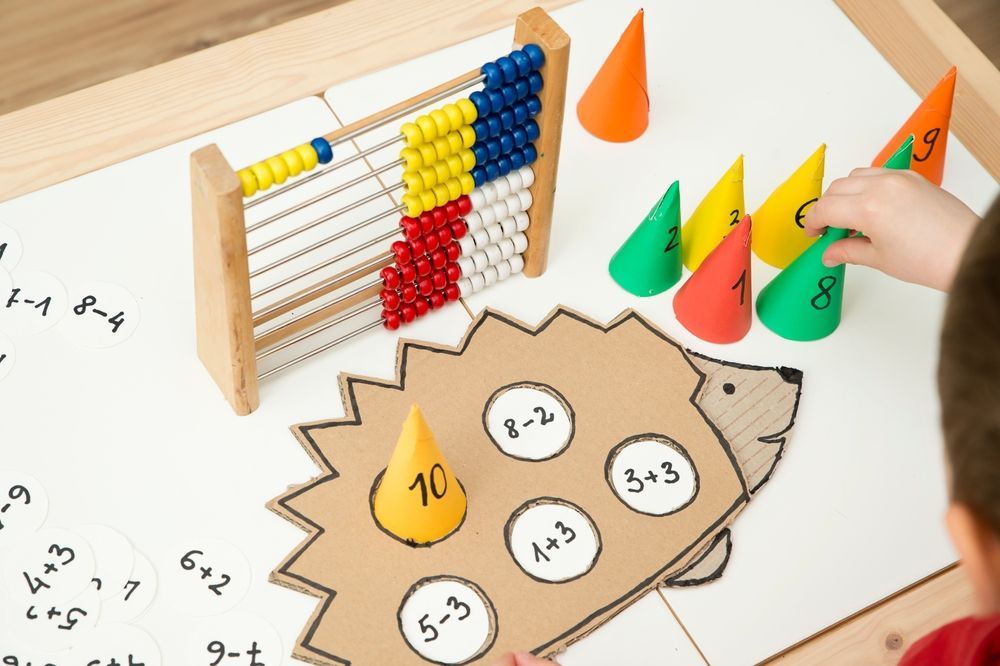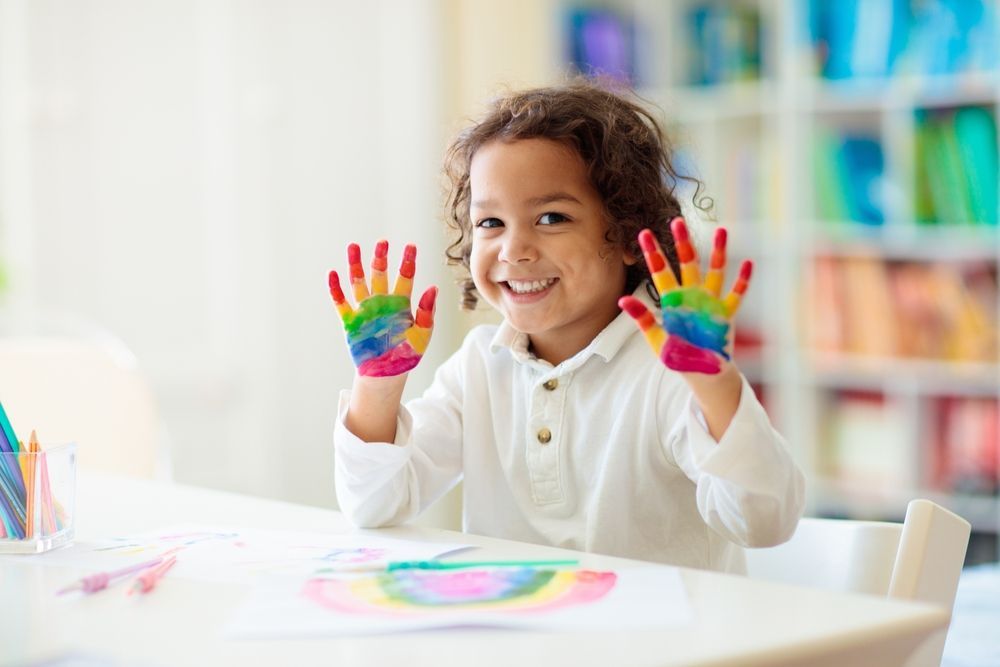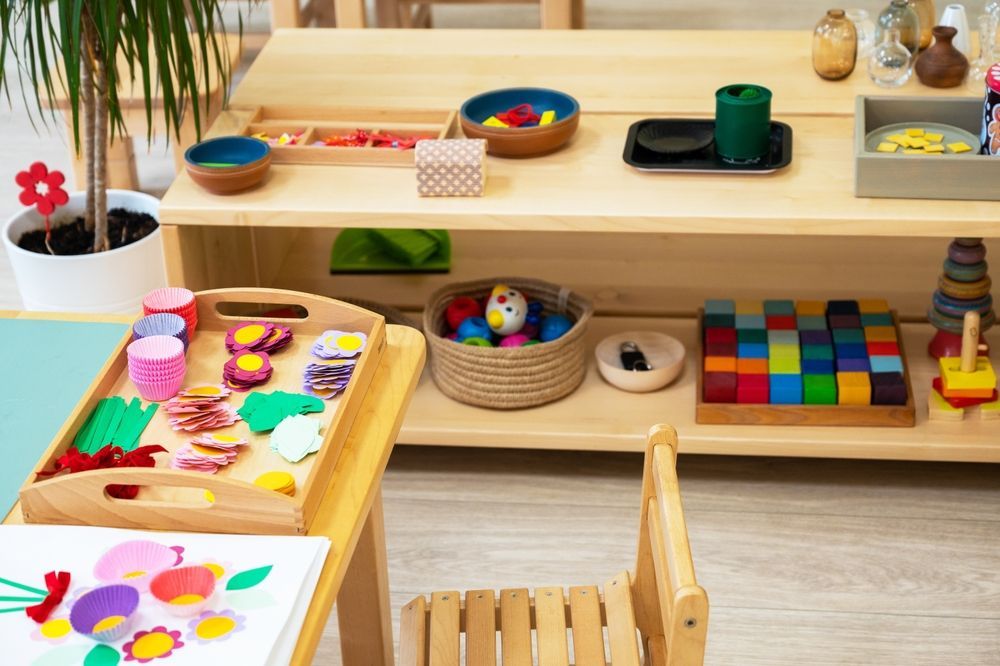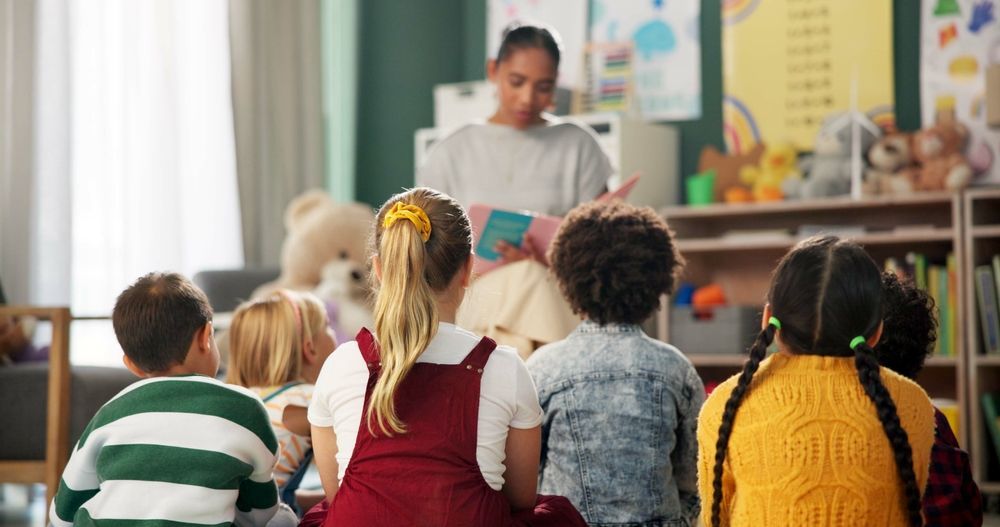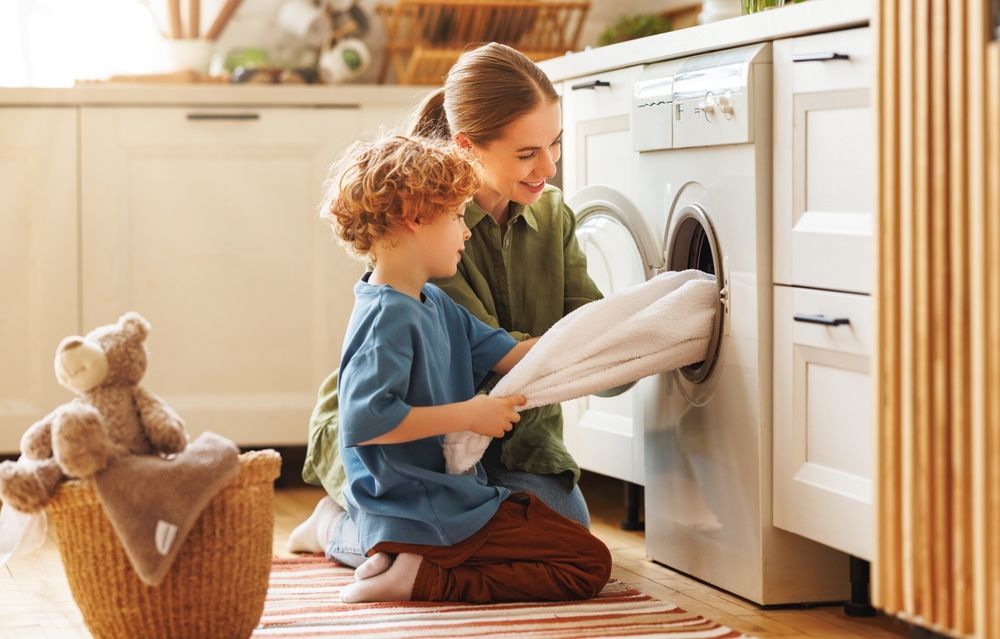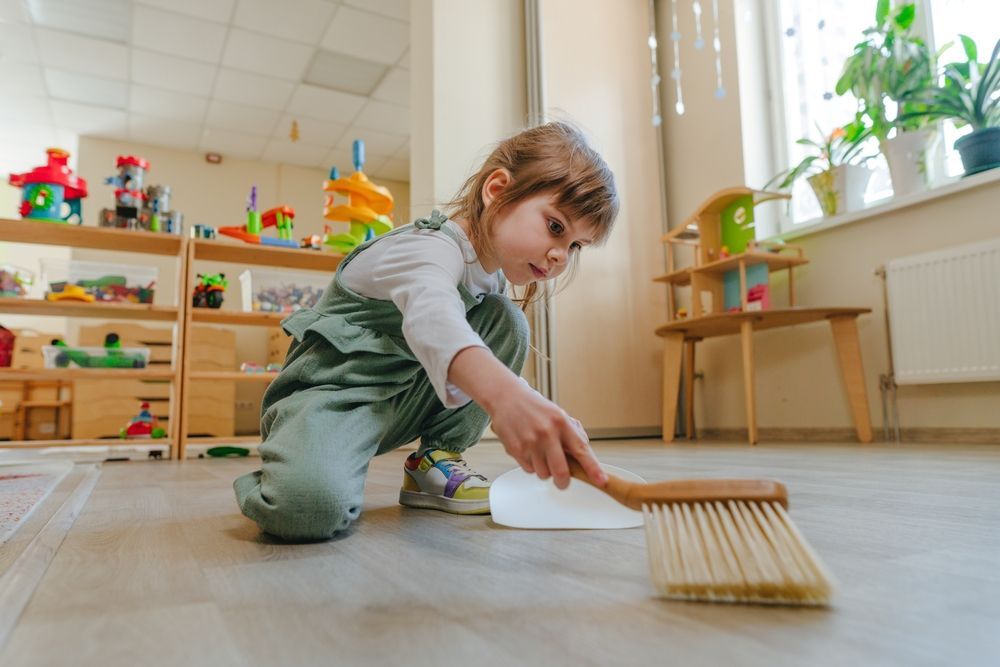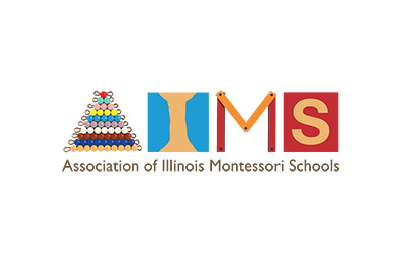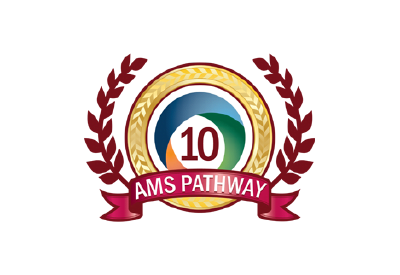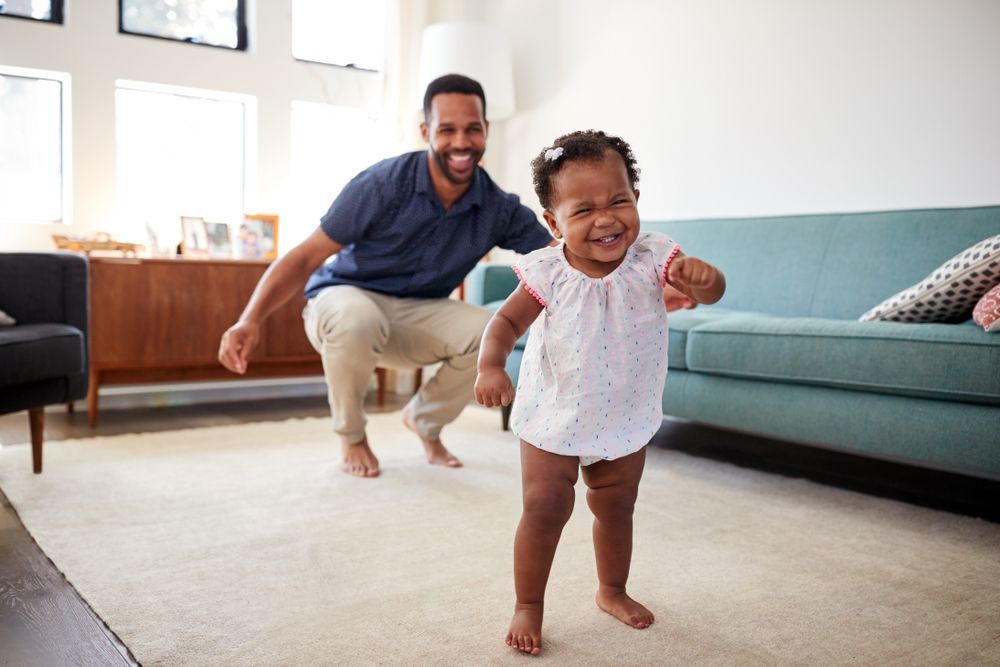
One year olds love playing on their own, with a sibling, or with parents or grandparents. The good news is, this playtime can be not only a source of enjoyment but also provide great educational opportunities to teach important skills. Following is an overview of some great toys and activities for little ones who are rapidly leaving their babyhood behind but are still too young for toys and activities geared to preschoolers.
Activities for One Year Olds
Little children love the rhythmic feel and sound of music, making music-related activities a great option for kids in this age range. Put on some fast-moving children's music and try some fast dancing with your little one. Alternatively, if it's time to get your child to settle down, try slow music with calm dancing. Your little one will also enjoy interactive songs with repeated motions they can pick up easily, such as Itsy Bitsy Spider, Wheels on the Bus, and Head, Shoulders, Knees, and Toes. Dancing and learning action songs boost gross motor skills, helping children learn how to control and move their bodies. Even one-year-olds who aren't musically talented will learn a lot from your dance and action song activities.
Little children also enjoy hanging out with you, as their parents, doing whatever you happen to be doing around the house. Take advantage of their eagerness to work with you and invite them to do some simple chores (without, of course, expecting stellar results). Your one-year-old will enjoy wiping down a table or cleaning a window if they get to do it with you, and you compliment their work. If the weather is warm, invite your little one to give their dolls and toys an outdoor bath or scrub down their highchair with soapy water. Watering plants can also be great fun, but you may want to start with the outdoor plants before letting them carry a watering can around the home.
Reading is yet another ideal activity for one-year-olds. Even babies will enjoy a great book with colorful pictures as they sit on your lap and listen to you point out images or tell an entertaining story. One-year-olds may still enjoy the simple board books and picture books they saw when they were little, but they can also progress to slightly more advanced books if they are interested in doing so. Try to select some educational books but don't hesitate to include some seemingly "non-educational" books on your bookshelf. Selecting books according to a child's interest, even if the books aren't "educational", will help your one-year-old develop a love of reading that will serve him or her well for life.
Toys for One Year Olds
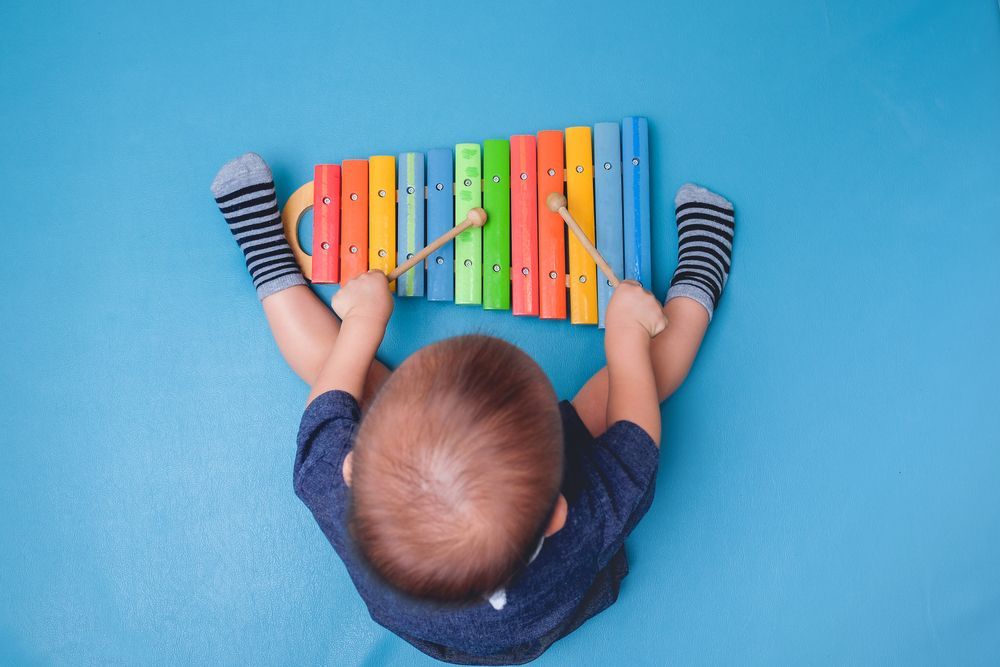
Wood blocks are a great toy for boys and girls alike. They are safe and can be used to build towers, houses, castles, and a host of other structures, thus boosting a child's coordination skills and creative abilities. Musical instruments help children get acquainted with different sounds and how they are made; good options for one-year-olds include a xylophone, drum, maracas, and tambourine. Sorting toys such as shape sorters are also great as they teach children to differentiate between items of varying sizes, shapes, and colors. Pull toys can help develop gross motor skills while providing some indoor exercise.
At the same time, even toys that are not specifically designed for "educational purposes" can help your child learn thinking and reasoning skills and develop fine motor skills. A tea set, for instance, encourages creative play and stimulates the imagination. The same can be said for a toy doll and stroller, a plastic lawnmower that can be pushed around the yard, or even a set of plastic farm toys, zoo toys, or dinosaur toys.
Bear in mind that your child does not need a huge selection of toys in order to learn and grow. When it comes to creating an ideal educational environment, less is more as a one-year-old can choose a toy easily if there are only a limited number of options to pick from. If you already have a lot of toys, put some away in a garage or storage area and rotate the toys on display in a child's play area.
Why are Activities and Toys important for One Year Olds?
A baby's brain grows to double its size in the first twelve months. It then grows to about 80% of the size of an adult's brain in the first three years of life. At the same time, synaptic density, which is the speed at which brain cells connect with each other to ensure proper brain function, slows to about half its original speed when a child turns two. Put simply, a child's second year of life plays an integral role in his or her future development, and a little one who learns important life and motor skills at an early age will benefit from this growth throughout life. While it can be difficult for a parent to make time for activities with a one-year-old, the end result is sure to be more than worth the time, effort, and expense.
Mansio Montessori of Geneva has been providing top-tier educational activities for one-year-olds for over forty years. Our experienced, licensed caregivers enjoy spending time with little ones, helping them learn how to master important tasks, learn about the world around them, improve gross and fine motor coordination, and more. We tailor activities to meet each child's needs to ensure each little one who comes through our doors receives the support, care, and training needed to become a happy, secure, well-adjusted child. Get in touch with us to find out more about our programs and activities or to schedule a visit at your convenience.
Forms, Policies, and Calendars | Website imagined & executed by RivalMind
